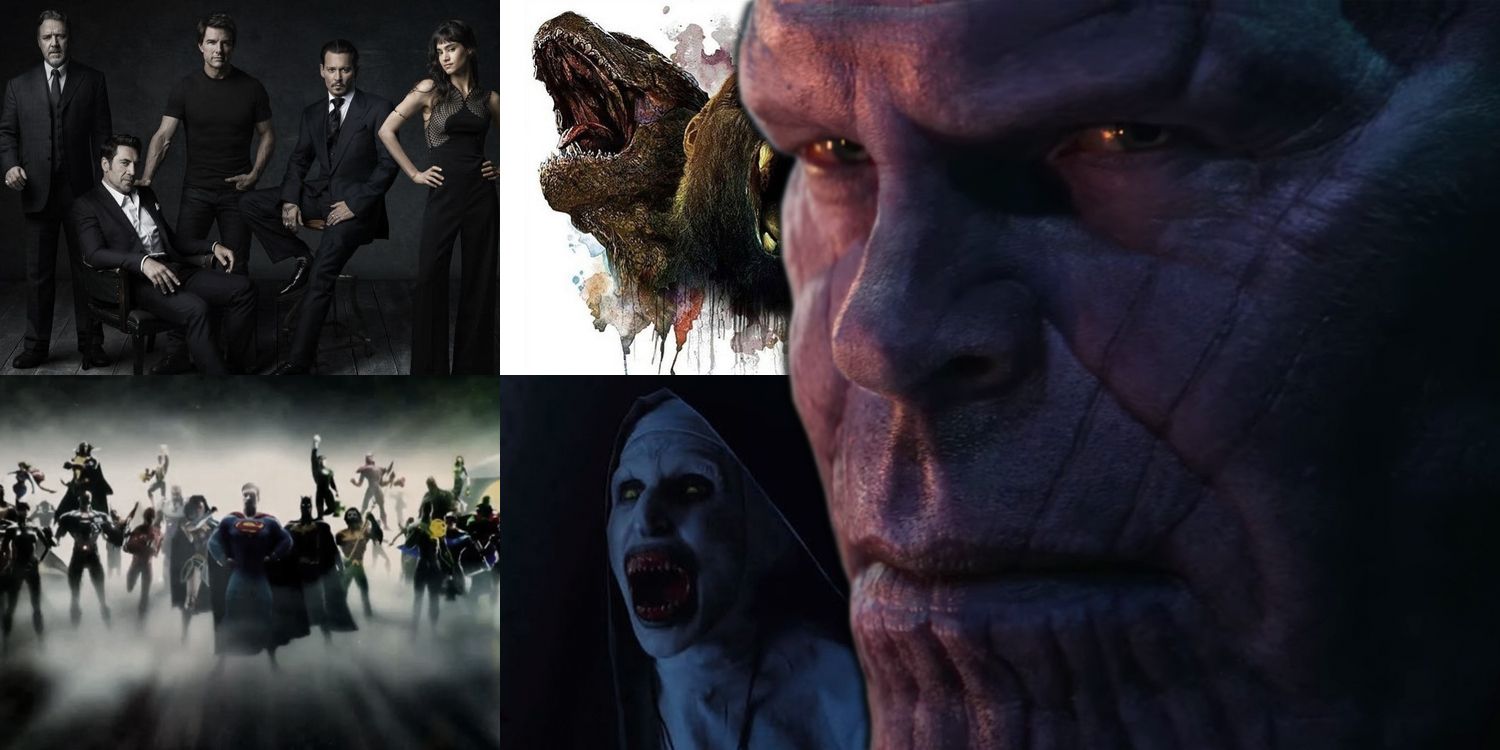For the past decade, shared universes have been decreed the future of movies. However, as multiple high-profile attempts struggle and other franchises turn to different approaches, the shared universe as we know it may have changed.The notion of interconnected stories forming one big narrative is nothing new - it's been the fundamental groundwork of comic books for decades - and several movie franchises flirted with the approach in the past, but it's only since Iron Man in 2008 that it really took off. That film started the unprecedented Marvel Cinematic Universe, a series of interconnected franchises that has broken all manner of box office records and that led to many imitators. However, with May's Avengers: Infinity War, the story that Marvel started back then will begin its culmination. Of course, the franchise will grow into Phase 4 after Avengers 4 in 2019, but it may not be in the form we recognize.Related: Every Shared Movie & TV Universe Currently In DevelopmentThe shared universe may be still a Hollywood buzzword, but all signs point towards it being on the way out. Let's explore what it's actual future may be.This Page: Shared Universes Are Risky - And Have Failed Big
Most Attempted Shared Universes Have Failed
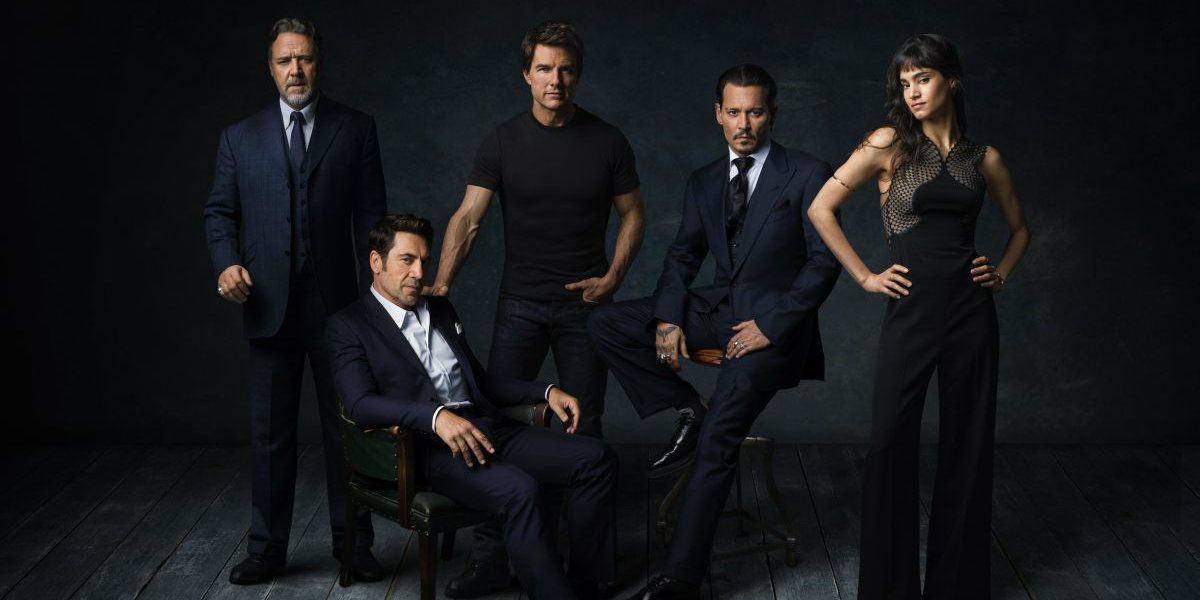
Recent reports have claimed that director Zack Snyder was fired from directing Justice League by executives at Warner Bros., months before he officially left the project due to family issues. Sources say that Snyder's rough-cut of the film was declared "unwatchable" by the studio, but also reported that Warner Bros. CEO Kevin Tsujihara was greatly concerned that this shared universe franchise, one that they had invested billions in, was not winning audiences or critics over. Such reports should obviously be taken with a grain of salt, but stories like this matter in the greater context of the DC Extended Universe and Warner Bros. because this is a franchise that has been mired in bad publicity for years.
Even with hits on their hands like Wonder Woman, and the movies having their fair share of ardent fans, it's been clear for a while that whatever strategy they had to keep up with Marvel's saga hasn't been working. The films have been costly, the reshoots often messy and surrounded by negative headlines, and the box office receipts haven't been meeting the lofty projections of the studio. The DCEU isn't dead yet, but the well-documented failures of it may be the biggest example we have that Hollywood's hunger for shared universe film-making could be coming to an end, at least in its current form.
This is a problem Universal faced with their most recent attempt to reboot their golden age horror films into a modern blockbuster franchise with intertwining story lines across various movies. The so-called Dark Universe lasted a grand total of one film last year's disastrous Tom Cruise vehicle, The Mummy before reports started coming in that the studio were ready to scrap their ambitious plans and start again. Even before that film was released, Universal had announced multiple sequels and offered a much-mocked photograph of their prospective stars - The Mummy's Tom Cruise, Russell Crowe and Sofia Boutella joined by Johnny Depp and Javier Bardem - to entice audiences, but said viewers never appeared.
Related: The Mummy Shows How NOT To Start A Shared Universe
Audiences were offered a monsters version of Marvel and they uniformly rejected it. The shared universe held no appeal for them.
Successful Shared Universes Aren't That Connected
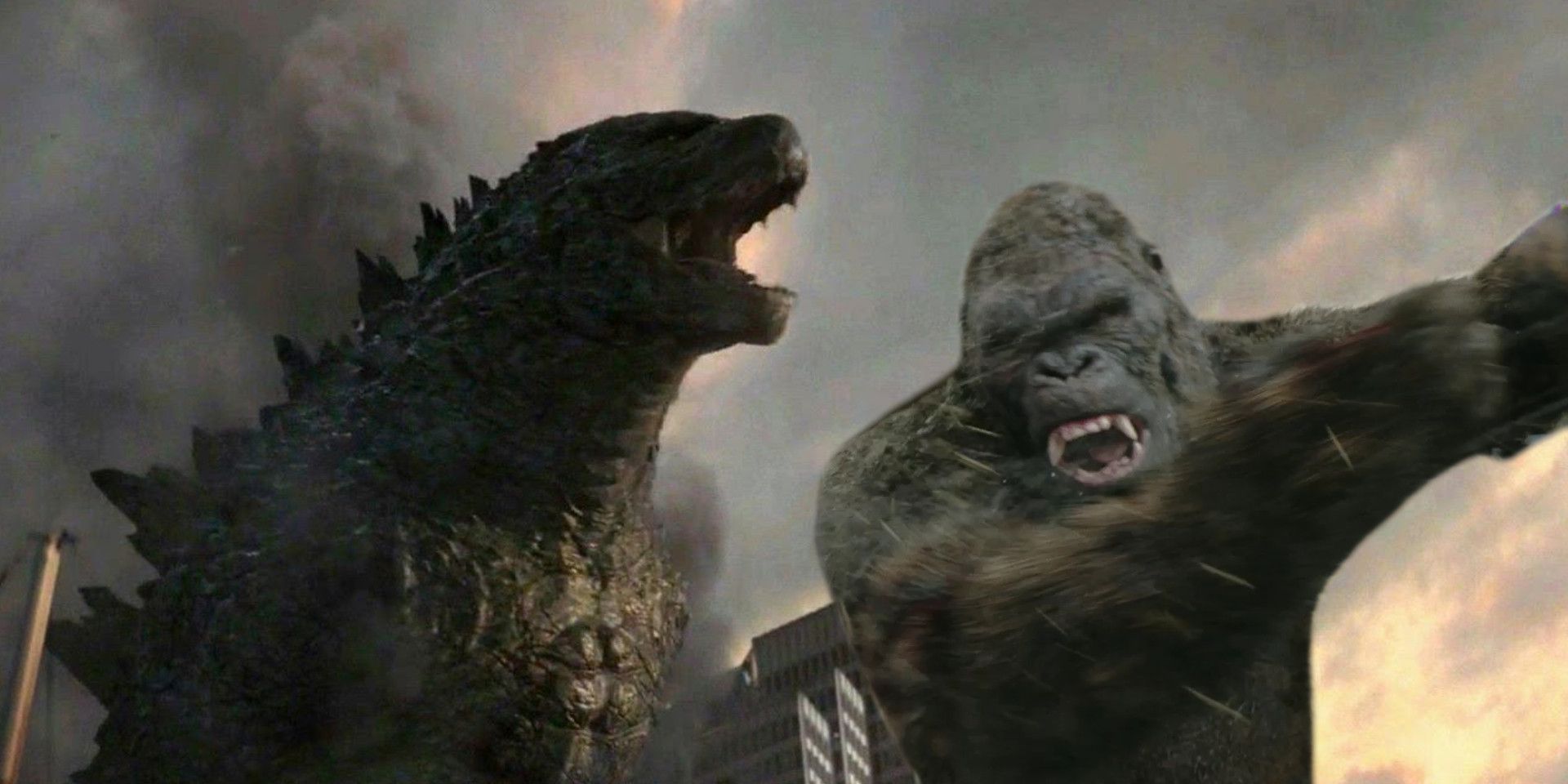
That's not to say that the formula has no life in it. Marvel changed the game, but their shared universe came first out of this current crop of blockbuster cinema and their mold-breaking format was smartly realized, unlike many of their competitors. Where the shared universe idea is at its strongest is in franchises where those inter-world connections are only vaguely tangible. As New Line Cinema have proven, their Conjuring franchise offers the best of both worlds: a deceptively expansive mythos where multiple sequels and spin-offs can be expanded, but said extensions aren't so heavily emphasized that it distracts viewers. You don't need to have seen the first Conjuring movie to enjoy its sequel, nor do you need a deep knowledge of the world-building to enjoy the Annabelle movies (or the upcoming spin-off, The Nun). That opens these stories up to new audiences but there is still enough to keep those devotees hooked. It also helps that such films can be made on reasonable budgets and are guaranteed to make a hefty profit.
On the more big-budget side of things, there is the MonsterVerse (not to be confused with the Dark Universe). Harkening back to the old-school days of Japanese monster movies, this franchise delivers what it promises monsters punching one another. Audiences get the great icons of the genre Godzilla, Kong, and a host of others and the ultimate promise that they'll one day meet in the same movie for even more epic monster punching. The most recent Godzilla and Kong movies are part of the same universe, but beyond the presence of shady organization Monarch, there's little time spent on overt setup.
Legendary were savvy enough to not center their entire marketing on the promise of that almighty climax or what goodies the sequels would offer. The films themselves did the job and got audiences hooked on future mash-ups. It's a simple concept that also doesn't need its own encyclopedia reading before each viewing, and knowledge of the earlier films matters little if you want to jump in with the sequels. And here's where the real future may be.
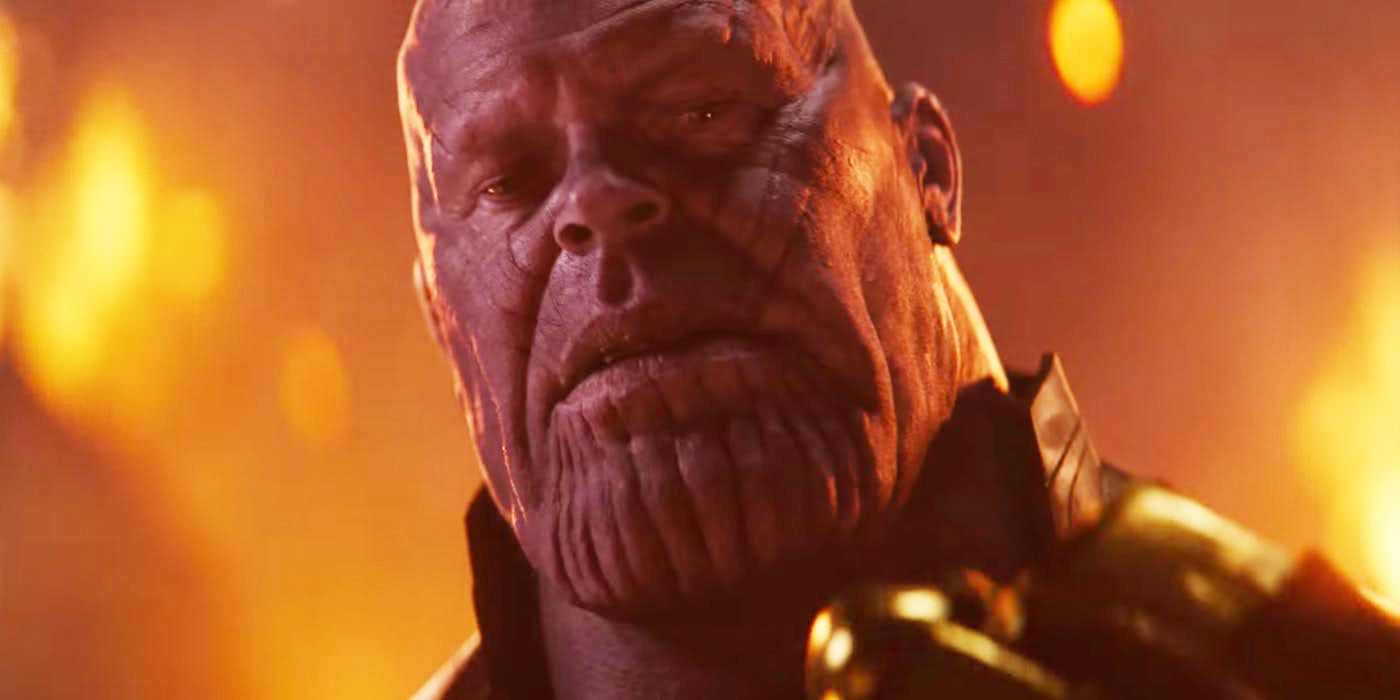
Marvel Is Changing Direction
Even the king of this shared universe model knows it can only go on for so long. Marvel is about to wrap up its current arc a whopping 22 movies and that opens up new possibilities for the series. When you've established a formula so thoroughly as Marvel have, you have freedom to deviate from it and take new chances. They know that they can only stick with their original core team for so long, but they have countless other options to play around and break new ground with. They took the time to make the franchise they did, and it paid off handsomely, which gives them the luxury to change it should they so desire; the risk of stagnation is high, and they'll avoid that.
Related: Predicting The Next 20 MCU Movies After Avengers 4
We don't know what Marvel has planned after the Spider-Man: Homecoming sequel in July 2019, which is in part a way to shield from Avengers 4 spoilers, but also suggests a change in approach. Whereas the current Phase 3 is very carefully wound (Black Panther happens in the direct aftermath of Captain America: Civil War, around the same time as Thor: Ragnarok), it's expected Phase 4 will aim to be a little more standalone.
Is Hollywood Over Shared Universes?
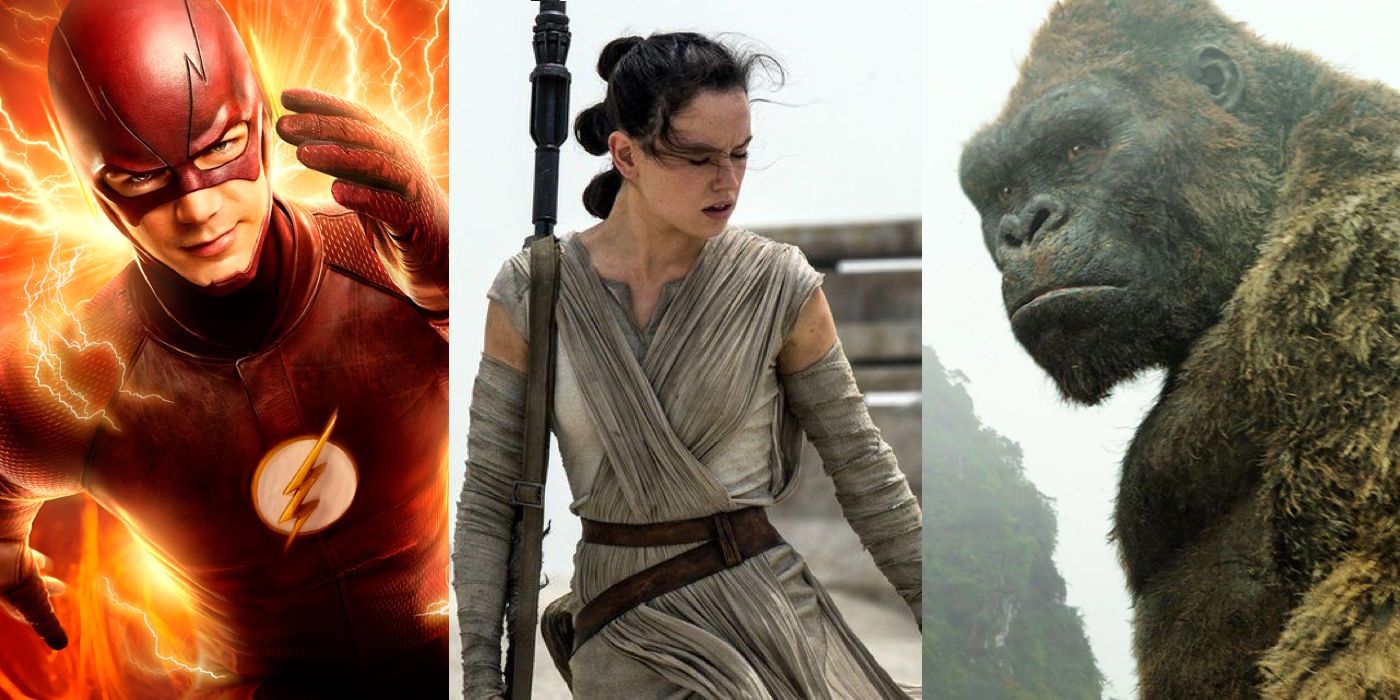
The issue with the shared universe formula is that it requires vast amounts of forward-planning and attention to detail, all while not actually dominating in the moment. That's something many of the big studios just aren't willing to do, and it's understandable why: it's hugely costly to do so, it's time-consuming and very easy to overthink, particularly in regard to said franchise's appeal to international markets. When you want results as quickly as possible, sacrifices need to be made. Why else would DC rush to the death of Superman after two films?
As that series proved, when audiences start to turn away from your intricately planned franchise remember, Justice League failed to crack the top 10 of 2017's most successful films it's difficult to stop and change course. They did try that with the Suicide Squad reshoots, supposedly intended to offset the savaged gloomy tone that left so many Batman v Superman: Dawn of Justice viewers disappointed, but that couldn't fix the problem. Yet even the most well planned of these universes is not guaranteed to succeed. Sometimes, success is pure luck, and you never know what audiences are hungry for. The team behind The Conjuring didn't have its entire universe planned out before release, but the opportunity presented itself and they grabbed it with both hands.
Franchises are still the ultimate endgame for the major studios. There's real financial incentive behind having a multi-film series that can be marketed, commodified, expanded and revived multiple times for as long as audiences demand it. However, it seems that they are finally over trying to duplicate Marvel's success with the mold they so artfully made.
Related: All The Evidence Venom Is Actually In The MCU
DC could still prove to be the best example. Their upcoming slate has shifted based on Justice League's reception, and they are already planning films - such as the Scorsese Joker movie - that will be separate from their main franchise. That's a smarter investment than their current plan and offers viewers greater variety in their canon. There's no shame in that, and ultimately it will probably satisfy audiences more to see such series stand alone without the sheer weight of a shared universe. Trying to force a franchise where there was none to be had limited studios: dropping it may give them greater freedom to tell the stories they want to tell.
Next: What Future DC Movies Are Actually Coming Out?
Source:gamerant.com